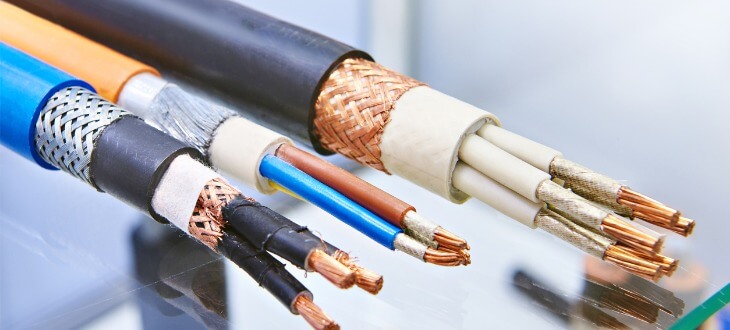A common question people ask us is, “Does aluminum conduct electricity?” This article will cover if aluminum does conduct electricity, what applicators to use, and even how finishing helps conduct electricity.
Does aluminum conduct electricity?
The short answer is yes; aluminum does conduct electricity. In fact, copper, iron, gold, aluminum, and silver are the best materials for conducting electricity. Fun fact: aluminum is the fourth best metal conductor of electricity.
What Applications To Use
Copper is the best way to conduct electricity and is the first that comes to mind when people think of conductors. However, since the second world war, aluminum has been increasingly popular for conducting electricity. This is due to aluminum’s weight and cost advantages. Therefore, this makes aluminum the preferred material.
In fact, in today’s world, aluminum is used for electrical wiring in buildings, appliances, etc. Even electrical busbars have been made from aluminum. This is because its size is not a constraint, and copper is very heavy.
Aluminum Finishing Impacts Electrical Conductivity
Aluminum finishing can impact on conducting electricity. To go into this a bit deeper, we first need to understand the natural oxide layer that aluminum’s surface forms.
The oxidized layer is corrosion-resistant, so it does not conduct electricity. This means it’s an insulator. You need to consider that when applying a treatment to your aluminum, as it can make the oxide layer much thicker.
Using a powder finish for coating makes a protective and decorative layer on its surface. Despite its conductivity, regular aluminum is better to work with for this process.
Visit Tampa Steel & Supply for Quality Metal and Metal Processing Services
Do you need help with metalworking and keeping your metal fresh? The experienced professionals at Tampa Steel & Supply are here to help. We provide the highest quality of services to our customers.
Request a Quote Online
Or Call Tampa Steel & Supply at (813) 241-2801

